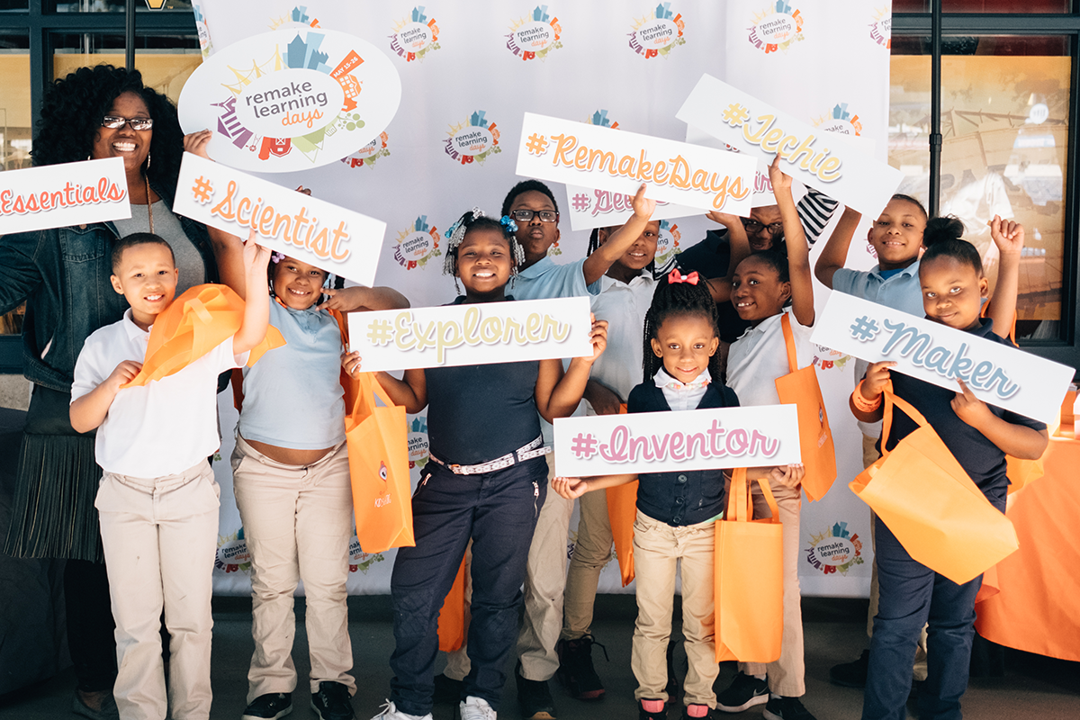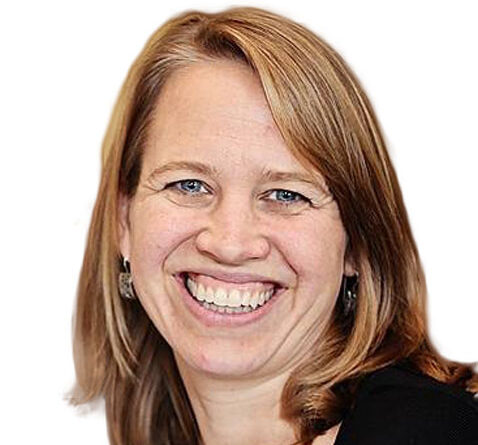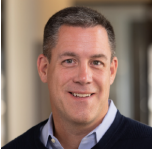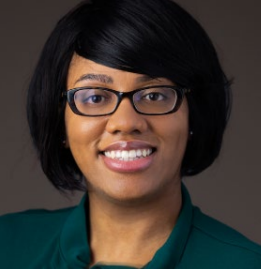
- This event has passed.
Remake Learning: Philanthropic Opportunities for Enhancing Local Learning Landscape

“How do we build demand among parents, families and caregivers for a new approach to learning that’s grounded in this landscape, that’s grounded in the learning sciences, and that’s grounded in innovation and justice?”
In this Funder-to-Funder Conversation, Remake Learning: Philanthropic Opportunities for Enhancing Local Learning Landscapes, Gregg Behr of The Grable Foundation explained how the above question was the spark that led to the launch of Remake Learning and the Remake Learning Days events.
Behr described how Remake Learning emerged in 2007 as an effort to better assist libraries, schools, out-of-school time providers and others in the Pittsburgh area in connecting with, engaging and supporting young people and the parents, caregivers and families in their lives. Since then, Remake Learning has grown into an educational network or ecosystem of more than 600 schools, museums, libraries, early learning centers, creative industries, campuses of higher education, after-school organizations and others that are working together to advance relevant, engaging and equitable learning.
Behr was joined by two other local funders who are supporting Remake Learning in their geographies of focus: Melanie Claxton of Claude Worthington Benedum Foundation, which works in southwestern Pennsylvania and across West Virginia, and Connor LaGrange of The Patterson Foundation, which works in Florida’s four-county Suncoast region. Together these funders described the ways in which Remake Learning can be tailored to support a wide range of local contexts, enhancing what was already there. As Claxton noted:
“At its core, Remake Learning is about elevating the innovative work occurring across communities. It’s not always about trying to create something new as much as it is tapping into what’s already existing….We’re really just shining a light on folks who’ve already been doing creative and amazing things that maybe are not as connected to the populations they are seeking to serve as they could be.”
As Remake Learning engages these local assets, it works to nurture and expand their capacity while also connecting them to other innovative and effective learning providers. LaGrange explained how The Patterson Foundation provides microgrants to providers to reduce barriers to participation in its annual Remake Learning Days festival and offers webinars and other training opportunities. As LaGrange said:
“For us, it was about ensuring that we are bringing people to the table, finding people who are already doing the work and really bolstering their voice. The greatest accomplishment of Remake Learning Days was the networking that happened between organizations — the many people in our region who are doing incredible work and create these partnerships….We’re creating a new ecosystem of learning.”
The panelists discussed the roles that funders can play in embracing trust-based philanthropy, including providing microgrants to remove barriers to participation; nurturing and enhancing the local learning landscapes in their geographies of focus by connecting their vast network of grantees with each other; providing general operating support and capacity-building opportunities; and investing in innovative local efforts that, if effective, can be scaled into other communities.






